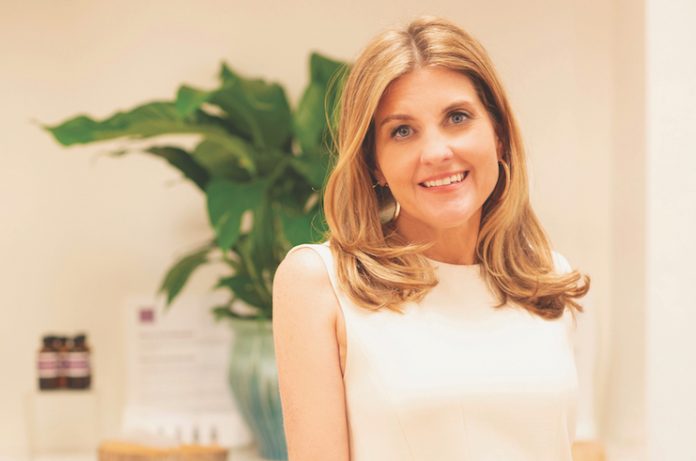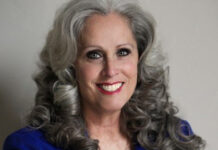
Founder and president of natural skin and hair care company LATHER, Emilie Hoyt, turned her sensitivities to artificial fragrances into a now-booming business. Growing up, synthetic perfumes would leave Hoyt struggling with migraines. Finding products without unnatural scents could be difficult, and when the market didn’t offer the type of all-natural products that Hoyt was seeking, she decided it was time to create her own. She founded LATHER in 1999.
While LATHER products are available for consumer purchase, they’ve also become popular in hotels. This was by design; before any hoteliers even approached LATHER about a partnership, Hoyt knew she wanted her products to reach the hospitality industry. This is because when she traveled, Hoyt brought her own personal care products that were free of synthetic fragrances, and she had an inkling that others with sensitives were doing the same.
“I always thought it would be ideal to have my products in hotels for people that have similar issues or don’t enjoy having perfumed products,” Hoyt says. “Being in hotels is a great opportunity for me to get the word out and have people try my products.”
When LATHER first launched, Hoyt was laser-focused on its products’ ingredients and manufacturing process, and she assumed all of her team members were on the same wavelength. But as the LATHER team grew, her leadership style—and focus—evolved. “Many entrepreneurs underestimate the importance of learning how to grow a team. We have an amazing team, and while maintaining it is difficult, it’s become the most fulfilling part of the job,” she says. “I used to believe the products were everything, but that mindset has shifted over the years to the team.”
Today, LATHER is well-positioned within the hotel industry, especially considering the growing prevalence of wellness-focused amenities and guest services. Hoyt doesn’t see this trend going away anytime soon; rather, she sees it expanding into properties that wouldn’t traditionally be offering wellness services. “You can have a limited-service property and offer products that promote wellness, from amenities without synthetic fragrances to eco-friendly cleaning solutions. They’re basic steps that will make guests as a whole feel better, not just physically, but about staying at your property,” she says.











